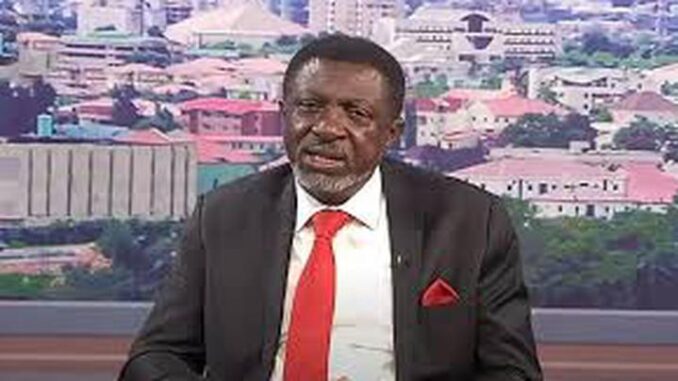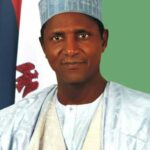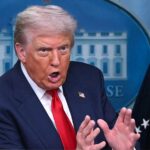
Paul Ibe, the Special Adviser on Media to former Vice President Atiku Abubakar, has offered a stark illustration of Nigeria’s economic crisis, saying that the state of the economy is so dire that even major retail stores are nearly empty.
Speaking during an interview on Arise News on Saturday, October 4th 2025, Ibe recounted a recent experience that, according to him, captures the silent suffering of millions of Nigerians struggling to survive the impact of government policies.
“I was in one of the biggest outlets of the Shoprite group,” he said. “I was there for five minutes and saw less than six people, half a dozen at most. The shelves are thinning out. Things are gradually becoming empty.”
The former vice president’s spokesperson said the deserted aisles and thinning shelves reflect the deep erosion of consumer confidence, as high prices and a falling naira continue to crush purchasing power.
“It shows how bad things have become. The economy is strangulating ordinary Nigerians,” Ibe remarked, dismissing the administration’s positive economic projections as “sexed-up figures.”
He argued that while government officials claim growth, the reality on the ground paints a different picture — one of inflation, hunger, and despair. “It might be doing well for a few elites in Abuja and Lagos,” he said, “but for the average Nigerian, survival has become a daily battle.”
Ibe described the economic model of the Tinubu administration as misplaced and disconnected from the country’s realities. He warned that copying the “Lagos development template” at the national level has failed to deliver results, insisting that “what worked in Lagos cannot work in Sokoto, Borno, Kebbi, or Oyo.”
The image of an empty Shoprite, once a bustling symbol of Nigeria’s urban consumer life, has since resonated widely on social media, where many Nigerians say it mirrors their daily struggle with rising food costs, fuel prices, and a weak currency.
Ibe’s comment, though brief, encapsulates a deeper sentiment shared by many Nigerians: that beyond the graphs and policy statements, the true state of the economy is written in the emptiness of stores and the silence of struggling households.Continue, Full, Reading>>>>
Find Verified News At Your fingertips Click The Link Above .








Leave a Reply